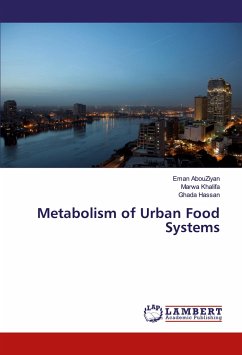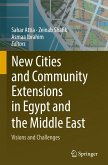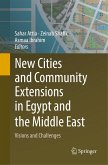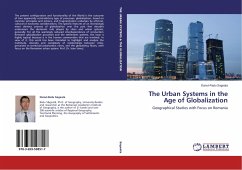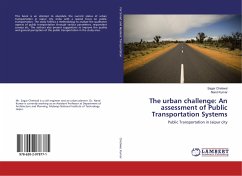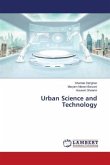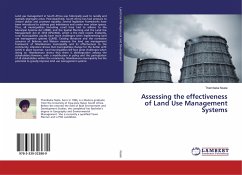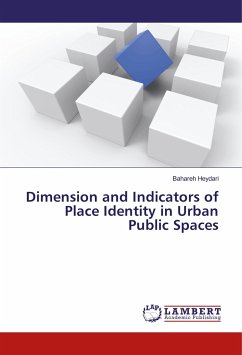Cities are bound to food by their appetite. Yet, as urban dwellers, we take our food for granted. The complexity of urban food systems has hindered addressing them in the same magnitude as other urban challenges. However, urban food systems are directly related to the economic and social welfare of citizens. The book aims to guide decision makers, urban planning academics and professionals on the importance of addressing urban food systems and its direct relation to sustainable development. For an insight into the metabolism of urban food systems, six vital food system flows are identified: land, water, energy, goods, capital and employment. Taking Cairo as a case study, the flows are examined using flow maps to visualize the system's transfers accompanied by spatial maps to illustrate how they relate to the city's spatial development; analyzing the food system needs and resource use, food availability, access and management (actors and policies) and offering reflections and policy advice to derive a comprehensive approach for the assessment, design and monitoring of sustainable food systems. The book is based on MSc research conducted in Ain Shams University, Cairo, Egypt.
Bitte wählen Sie Ihr Anliegen aus.
Rechnungen
Retourenschein anfordern
Bestellstatus
Storno

